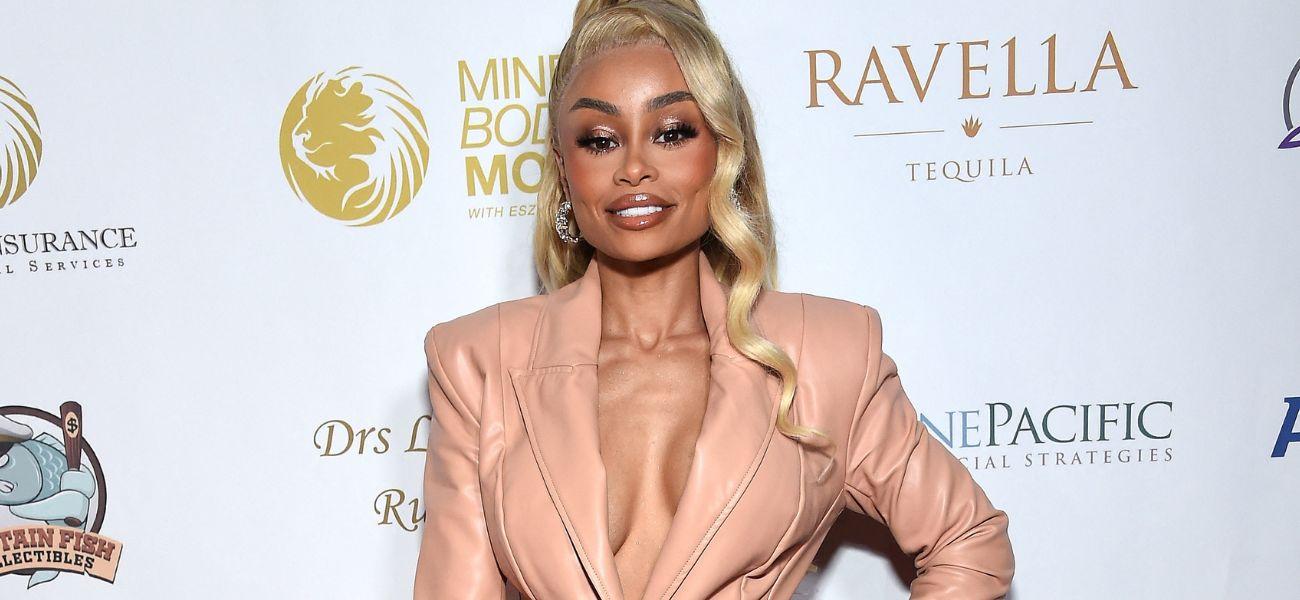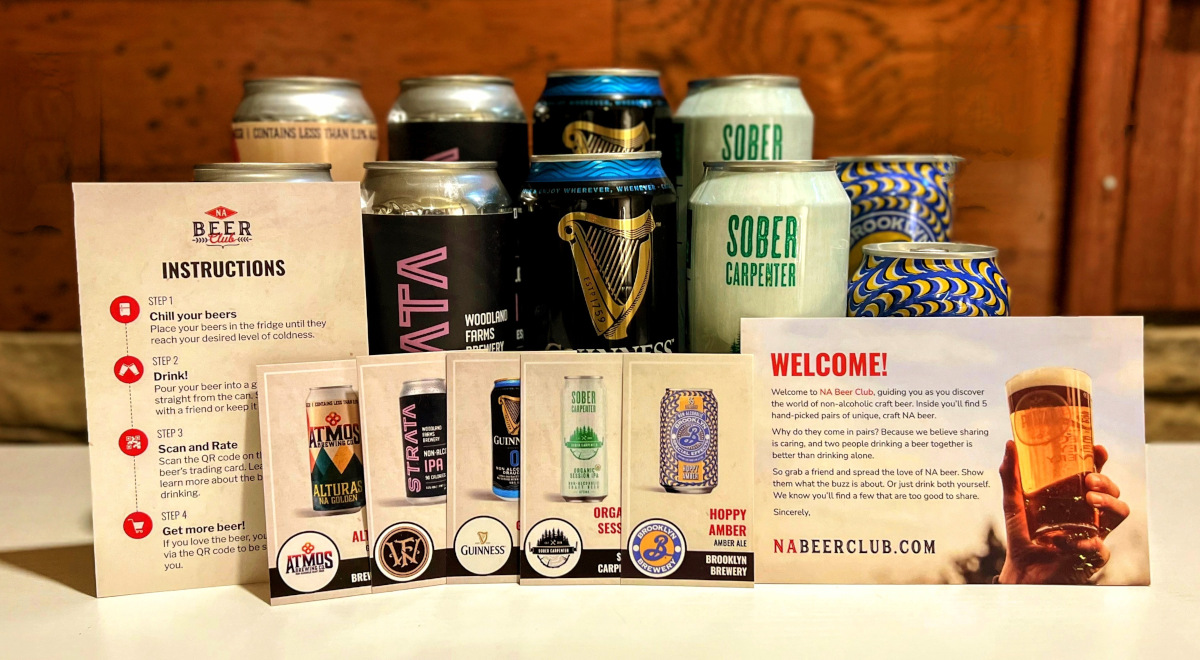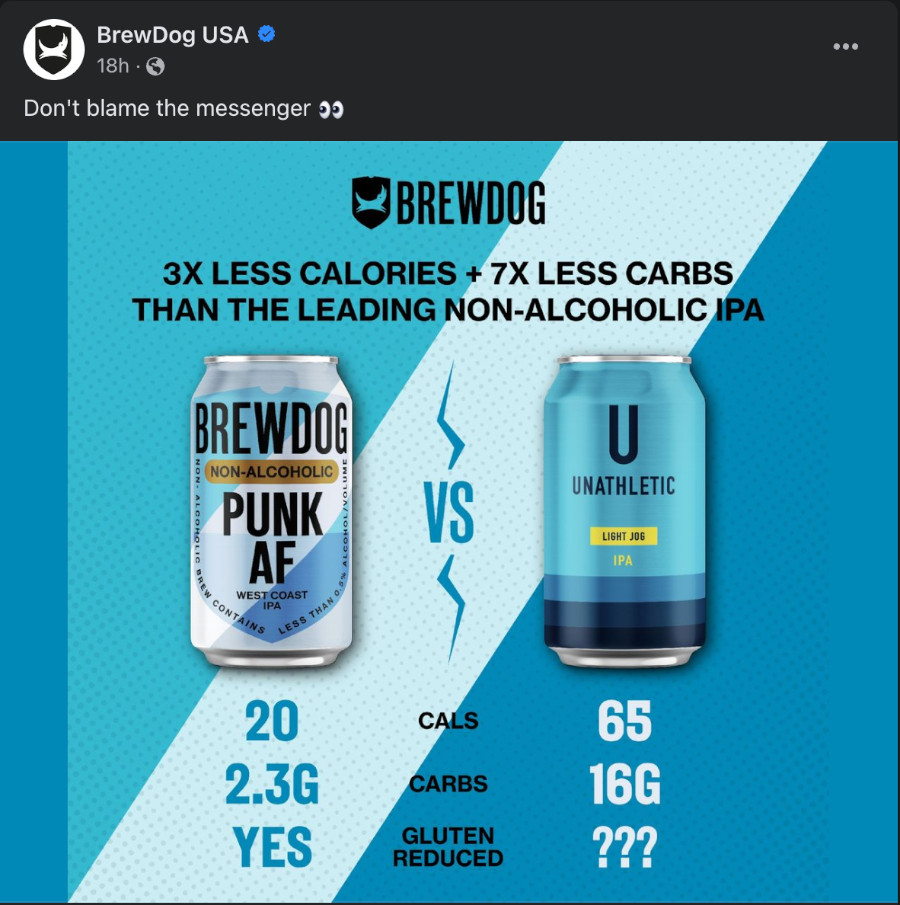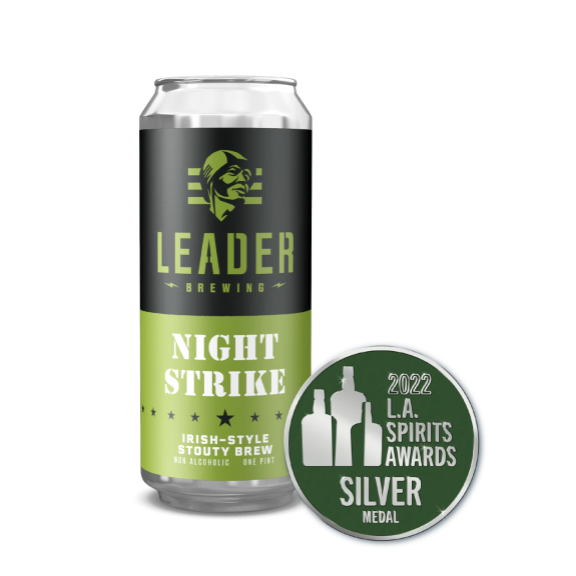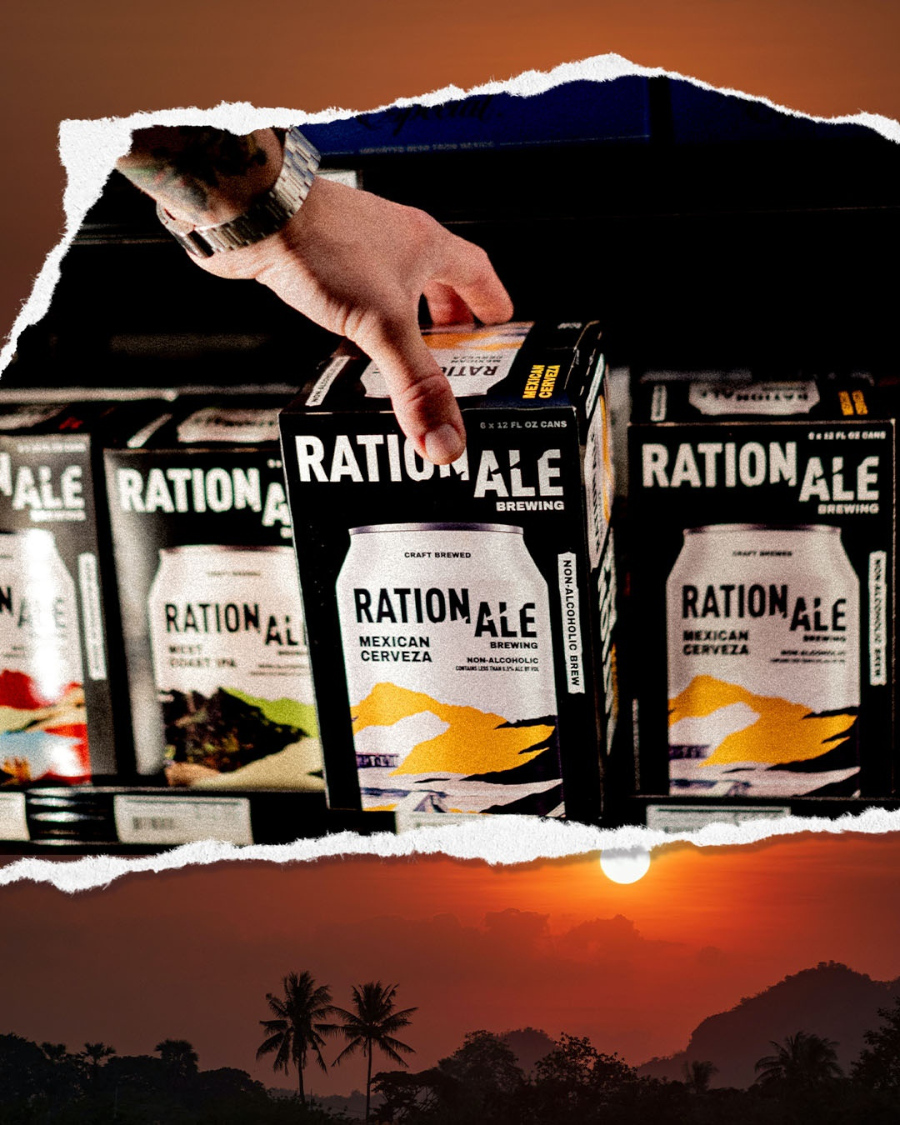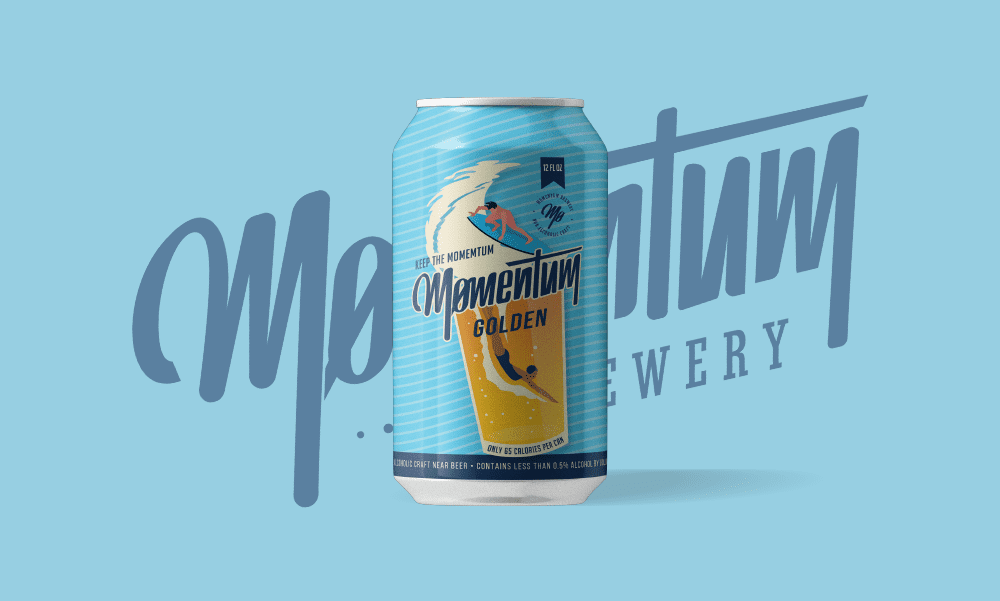The post Dry January Rules: A Guide to a Sober Start to the New Year appeared first on NA Beer Club.
What is Dry January?
Dry January, a health campaign that originated in the UK in 2013, has become a global phenomenon, encouraging individuals to abstain from alcohol for the entire month of January.
Similar to Sober October, it presents the challenge of abstaining from alcohol for an entire month.
This initiative is not just about cutting out alcohol; it’s a movement towards greater health consciousness, self-care, and mental well-being. It acts as a reset button after the festive indulgence of the holiday season, providing an opportunity for participants to reflect on their drinking habits and to experience the benefits of a sober lifestyle.

Why Do People Participate in Dry January?
Participation in Dry January comes with a myriad of motivations and benefits:
Physical Health: Going alcohol-free even for a short period can significantly impact physical health, potentially leading to weight loss, improved digestion, and better liver function. Mental Health: Many report enhanced mental clarity and reduced anxiety or depression symptoms, attributing these improvements to the absence of alcohol’s depressive effects. New Year Reset: The timing aligns perfectly with the new year, offering a chance to start the year on a healthy note. Self-Improvement and Discipline: It’s a test of willpower and self-control, fostering personal growth. Long-term Goals: For some, it’s the first step towards a longer-term goal of moderating or quitting alcohol.The Core Rules of Dry January
Absolute Abstinence from Alcohol: The primary rule is complete abstinence from alcoholic beverages throughout January. Optional Extension to Other Substances: Some participants choose to also abstain from other intoxicating substances, though this is a personal choice. Conscious Avoidance of Temptation: Actively avoiding situations or triggers that may encourage drinking is crucial. Regular Reflection and Journaling: Keeping a diary or journal to reflect on the experience can provide valuable insights into one’s relationship with alcohol. Pursue Alternative Resolutions: Adopting additional resolutions like starting a new hobby or spending more quality time with family can complement the journey.
Benefits of Adhering to the Dry January Rules
Adhering to these rules can lead to numerous benefits:
Improved Physical Health: Participants often report better sleep, clearer skin, and more energy. Financial Savings: The cost savings from not purchasing alcohol can be significant. Boosted Mental Health: Many find that abstaining from alcohol improves their mood and cognitive functions. Enhanced Self-Awareness: This period can lead to a deeper understanding of one’s relationship with alcohol. Social and Relationship Benefits: Spending time in sober social settings can improve relationships and offer new perspectives on socializing.Potential Challenges of Dry January
While beneficial, participants might encounter challenges:
Navigating Social Situations: Attending events where alcohol is present without partaking can be difficult. Managing Cravings: Cravings for alcohol, especially in the first few days, can be challenging to overcome. Finding Alternatives to Drinking: Replacing the habit of drinking with healthier activities requires creativity and effort. Staying Motivated: Keeping the commitment for the entire month can be a test of determination and discipline.Frequently Asked Questions about Dry January
Can I have any Cheat Days? The ethos of Dry January is about complete abstinence, so a cheat day goes against the challenge’s spirit. What if I Have an Accidental Slip-up? If you accidentally consume alcohol, the best approach is to continue with the challenge without being too hard on yourself. How do I Handling Cravings? Staying busy, trying new activities, and seeking support from friends or online communities can help manage cravings. Can I Drink Non-Alcoholic Substitutes? Non-alcoholic beverages, including beers and mocktails, are allowed and can be a great help. Can I Still Participate Even if I Don’t Drink Heavily Already? Even those who drink infrequently can benefit from the challenge, as it’s more about the commitment and the journey than the starting point.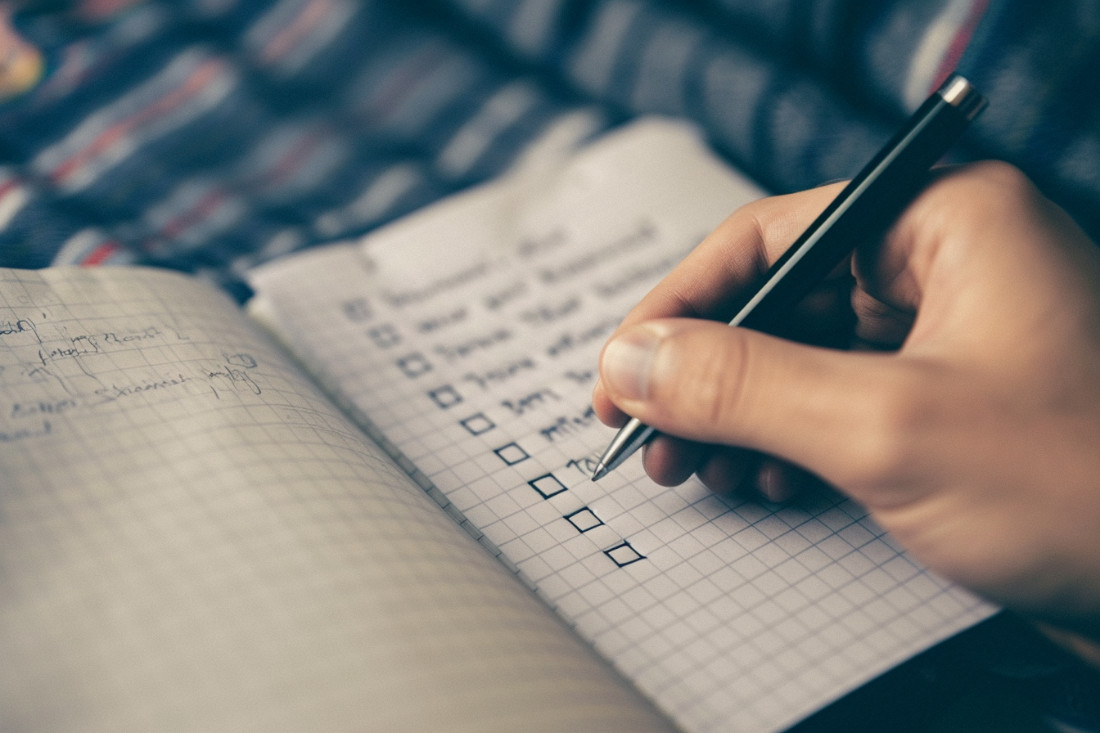
How to Get Ready for Dry January
Preparation is key:
Plan and Communicate: Informing your social circle about your challenge can garner support and understanding. Then you’ll hopefully avoid the “want to grab a beer” that make you feel like you’re missing out on the fun. Remove Temptations: Clearing your home of alcoholic beverages reduces the risk of temptation. You don’t necessarily need to throw them away. You could have a friend hold onto your bourbon collection or stash a few bottles of wine away. But having alcohol in the house makes it very easy to reach for and consume. Stock Non-Alcoholic Alternatives: Having a variety of enjoyable non-alcoholic drinks can make the process easier. You can start exploring the world of great-tasting non-alcoholic beers by signing up for NA Beer CLub’s non-alcoholic beer-of-the-month club where each month you’ll receive a variety of unique and hard-to-fine NA craft beers. If you’re supporting someone else through Dry January, a subscription also makes a great Dry January Gift. Plan Sober Activities: Engaging in hobbies or events that don’t revolve around alcohol can be enriching and fun. Whether it’s a new physical activity or a crafty skill, finding something to occupy your time will keep you busy from being tempted by alcohol.How to Embrace the Spirit of Dry January
Embracing Dry January is about more than just not drinking. It’s an exercise in mindfulness, self-discipline, and self-improvement. It’s an opportunity to explore new interests, deepen relationships, and gain a fresh perspective on personal health and wellbeing.
The post Dry January Rules: A Guide to a Sober Start to the New Year appeared first on NA Beer Club.



